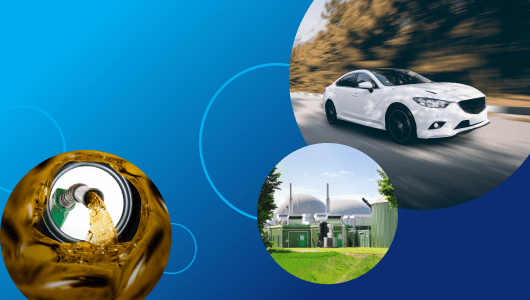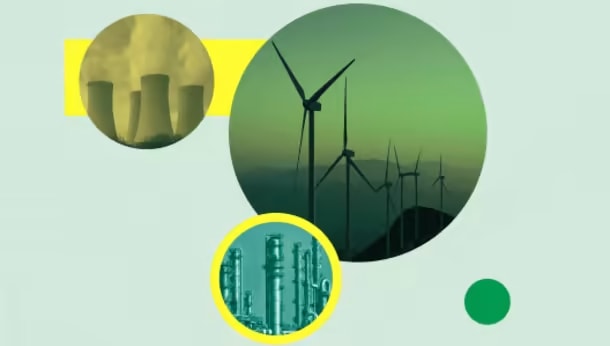
Lower Carbon Transport: The Role of Renewable Gasoline


The Future of Transportation Fuel
The transport sector is one of the largest contributors to global carbon emissions, accounting for 37% of CO2 emissions in 2021, according to the International Energy Agency (IEA). To address this, state and federal governments have instituted increasingly strict emissions standards, and automakers have worked to implement measures to increase the efficiency of their vehicles. Electric vehicles are expected to play a major role in achieving the sector’s lower carbon aims in the longer term, but vehicles with combustion engines are likely to remain in use in significant numbers for the foreseeable future. With pressure to reduce or eliminate emissions increasing, a mix of solutions is needed, including electrified powertrains, such as hybrid and plug-in hybrid electric vehicles alongside conventional options. Interest in alternative, lower-carbon fuels including renewable gasoline is also growing.
This FT Energy Source Leaders Digital Dialogue will bring together Chevron and Toyota to review the promise and potential of renewable gasoline, and the drivers, benefits, challenges and opportunities on the path to commercialization and scale.
Supporting Industry Growth
What is the right mix of incentives and support mechanisms that could address market barriers to expanded production and uptake of renewable gasoline?
Renewable Gasoline
How do the lifetime ownership costs and environmental impacts stack up against alternatives including EVs, compressed RNG and hydrogen-powered vehicles?
Technological Advances
What are the advances underway in improving production technologies and in the development of alternative feedstocks that could reduce costs?
FT Live Digital Dialogues - fully digital event experiences delivering maximum engagement. This webinar will provide a unique opportunity to listen to global senior speakers. Digital passes include access to the pre-recorded webinar PLUS on demand for 30 days. Join the conversation.
We’re Here To Help
© Financial Times Live
FT Live and its journalism are subject to a self-regulation regime under the FT Editorial Code of Practice


